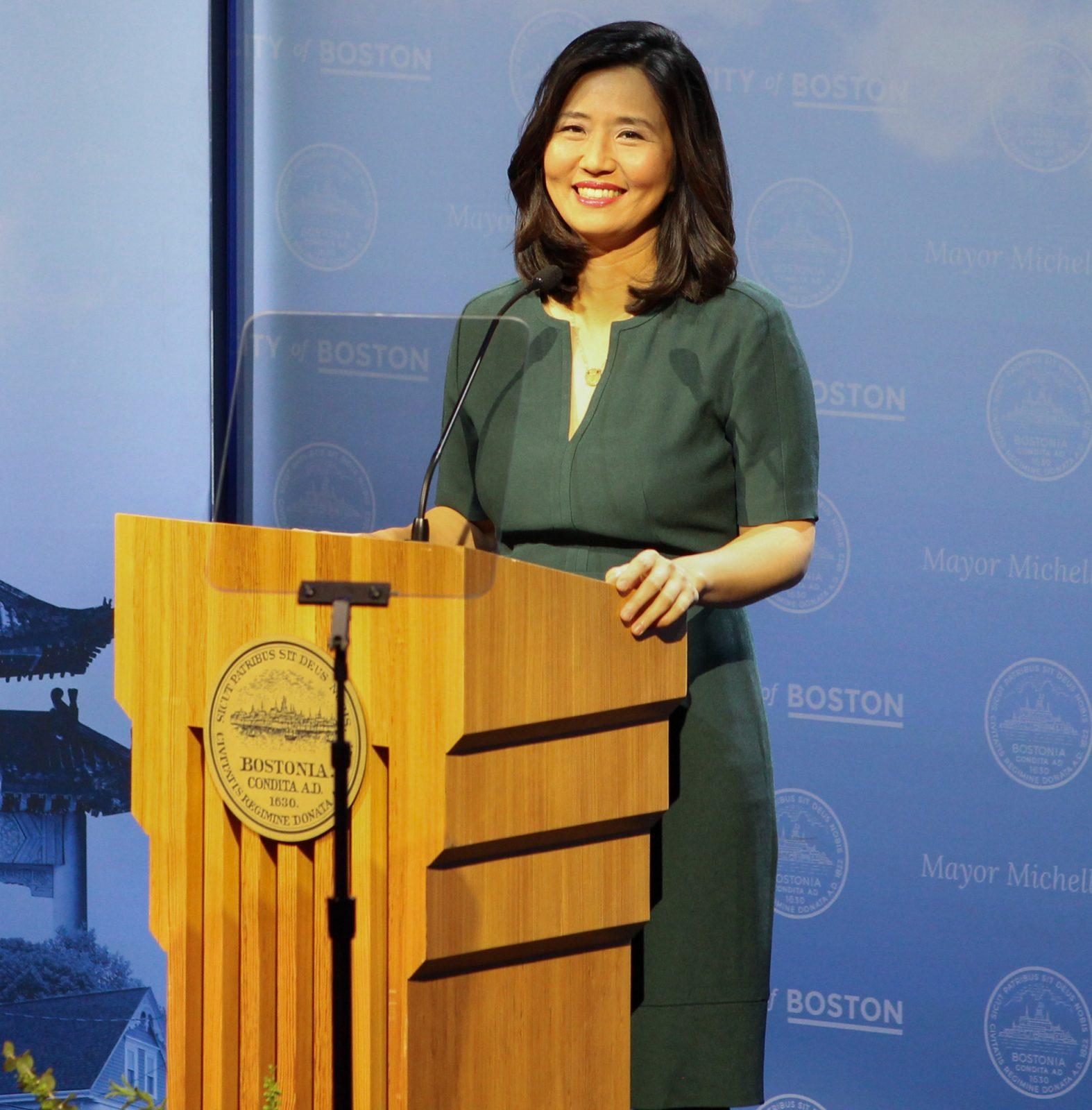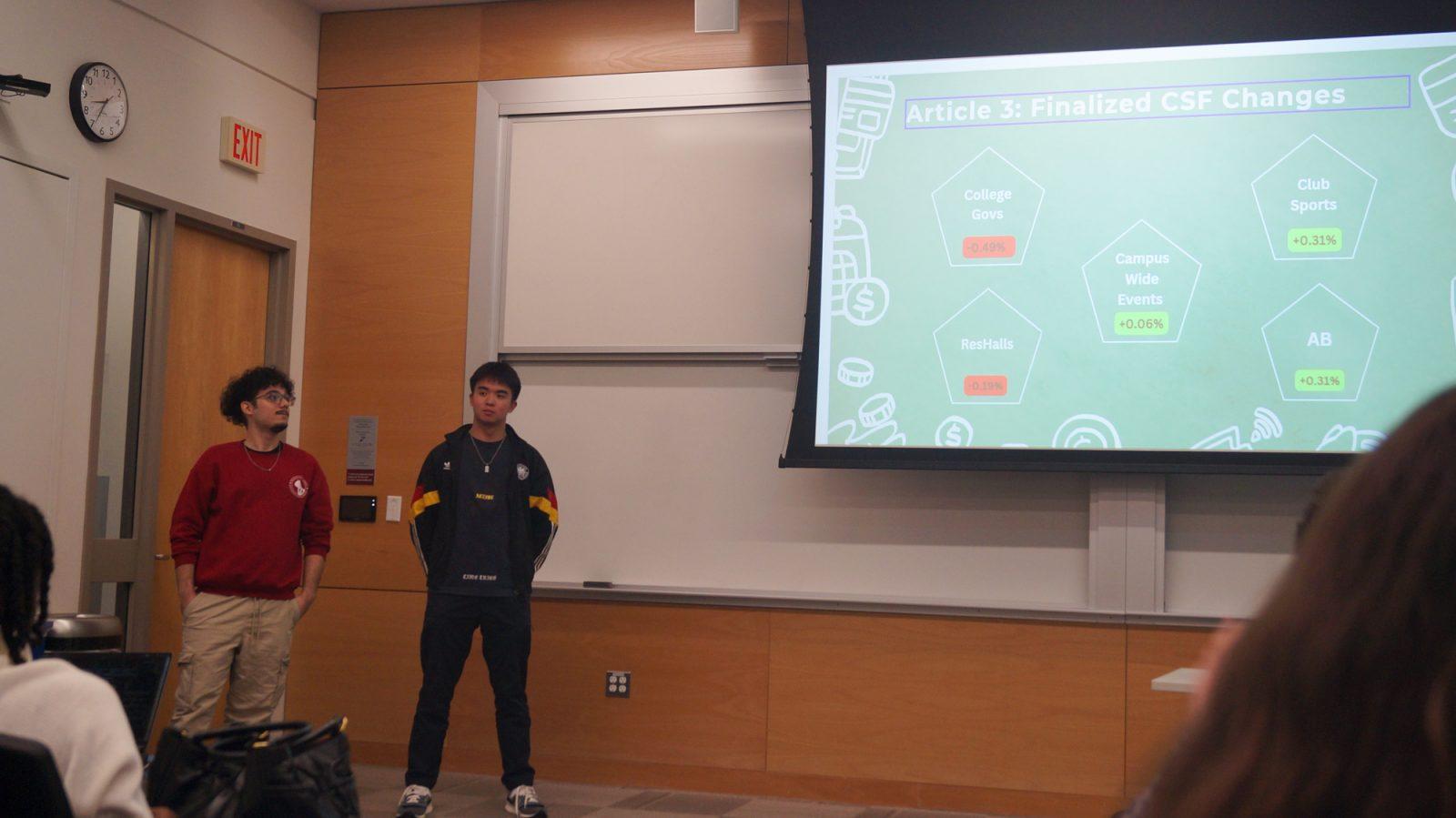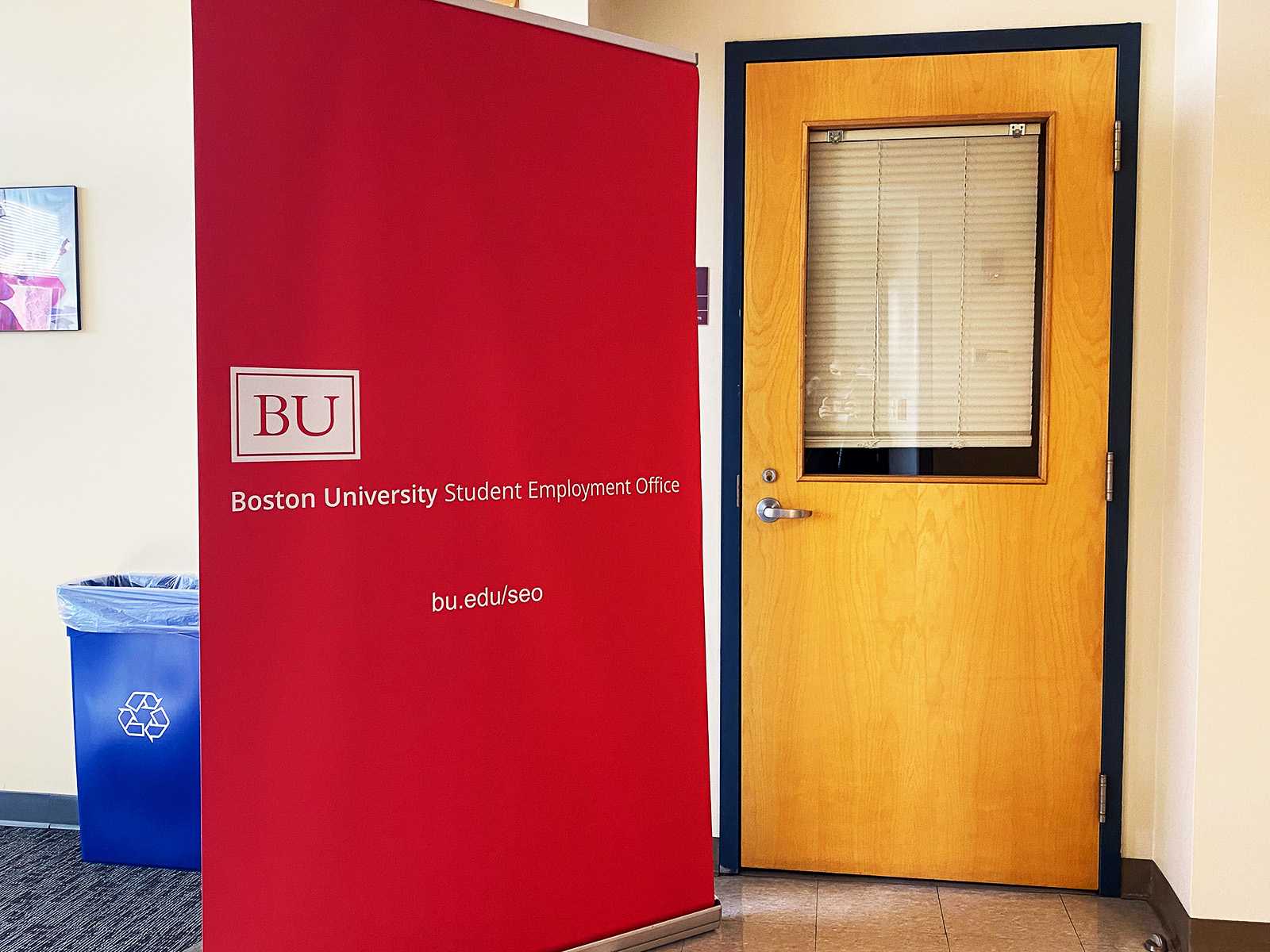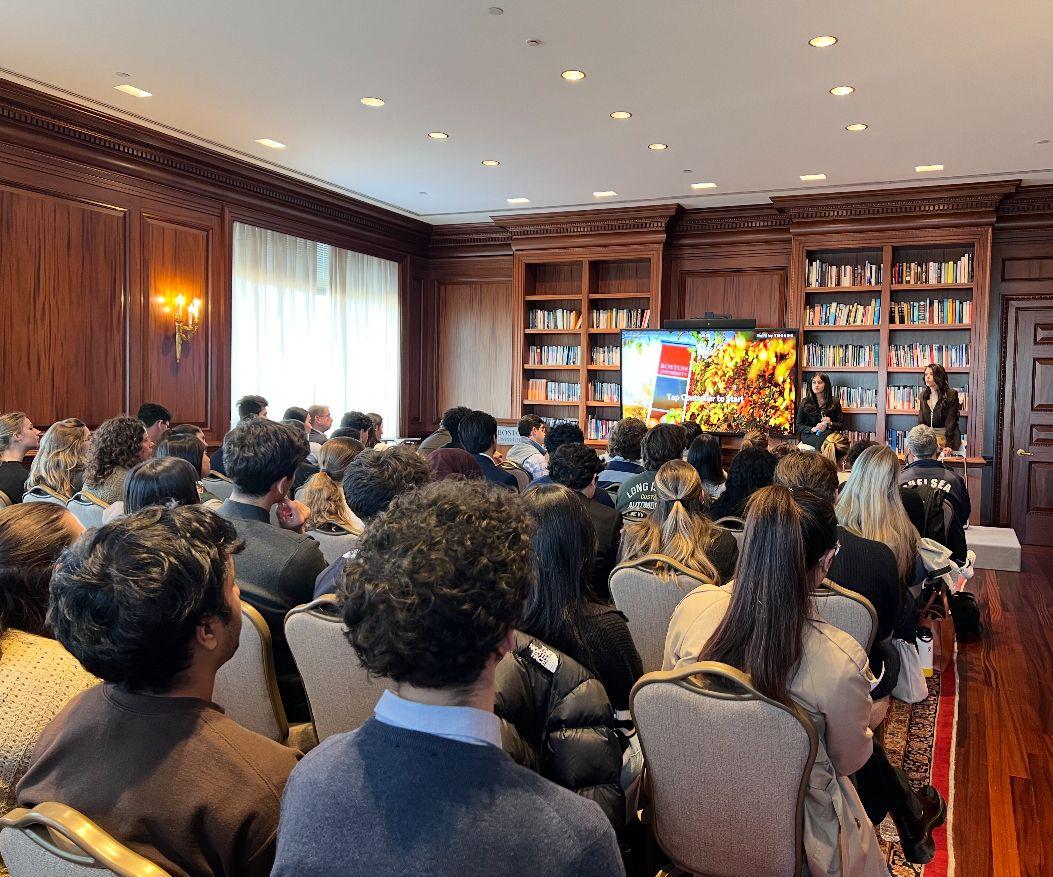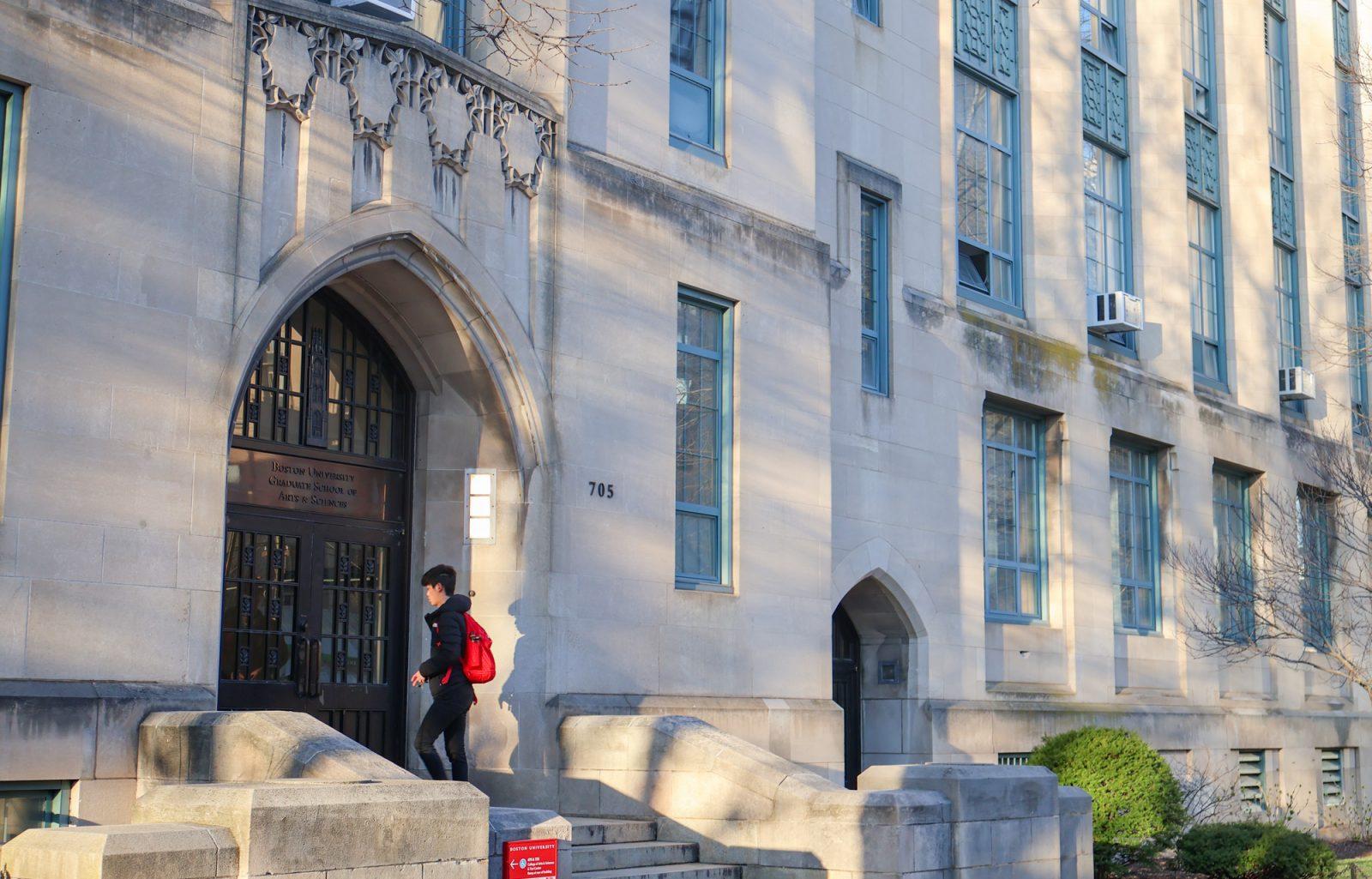Questrom School of Business’s Master of Business Administration program hosted its first town hall meeting July 31 to discuss concerns about the new fall 2020 launch of an online MBA partnership with an online course provider.
Questrom administrators were present during the open discussion to answer any questions from students about the partnership with edX Inc.
Senior Associate Dean Barbara Bickart wrote in an email that she hoped students would understand the strategic reasons for the pursuance of an online venture and the implications for the on-campus programs.
“Technological advances allow students to engage more with each other and with the faculty and provide new approaches to assessment,” Bickart wrote. “We are committed to maintaining rigorous admissions standards for our new Online MBA as we do for our portfolio of existing MBA programs.”
Patrick Sullivan, who is pursuing the Professional Evening Master’s of Business Administration (PEMBA), said in an email that he supports Questrom’s decision to implement an online program.
“BU will be better positioned overall by going with the way of the world to make itself more accessible to a broader audience of people,” Sullivan wrote. “There will be a breaking point where classroom education will become too expensive to justify for all but the wealthy.”
Priced at $24,000, the online degree only includes core content taught in an integrated manner. Online students are not able to customize their degree, enroll in electives, or partake in hands-on projects in a campus setting unlike on-campus students. The Online MBA requires 45-credit hours of coursework, compared to the PEMBA 56-credit hour requirement. The Handshake platform will be accessible, but online students will not be equipped with career guidance and job support.
An anonymous attendee and current graduate student said she thinks that with a discounted tuition price and minimum program requirements, the value of the degree will plummet.
“For those of us part-time students who work full-time jobs and have spent at least six hours per week on campus sitting in evening classes, have taken time out of our weekends to complete required team exercises, and spent additional money on commenting, and for the University’s auxiliary services within the Questrom building, parking, and required materials – this new offering is anything but exciting,” she wrote in an email.
Questrom Professor and Dean Susan Fournier wrote in an email the price difference ties squarely to the fact of the different experiences each program offers. Administrators said the value of the Questrom name is rooted in the quality curriculum, rigorous coursework and high standards — not the tuition price.
Sullivan wrote that he hopes Questrom produces palpable efforts to justify the online tuition price that is less than half the price of the PEMBA program. Whether a student pursue the online or on-campus program, both avenues lead to the same MBA degree.
“Potentially raising the credit requirement of the online degree to 56 credits or reducing the PEMBA degree requirement to 45 would help to alleviate the concern,” Sullivan wrote.
Fournier wrote in an email that the online MBA decision propelled accelerated changes for the on-campus program, including improving career services support, strengthening project-based learning, investing in learning communities with faculty leadership and administrative support, and curriculum improvements.
“It’s much bigger than the online MBA,” Fournier wrote. “[I]t’s about leadership and the future of business education at Questrom and BU.”
Fournier wrote that this program will help Questrom remain relevant and “thriving” in the future. Questrom wants to create more online and hybrid degree programs, including options for alumni and others not attending college.
Bickart said the Town Hall meeting opened up a dialogue and administrators will hold another town hall meeting this upcoming fall semester to continue the conversation.




